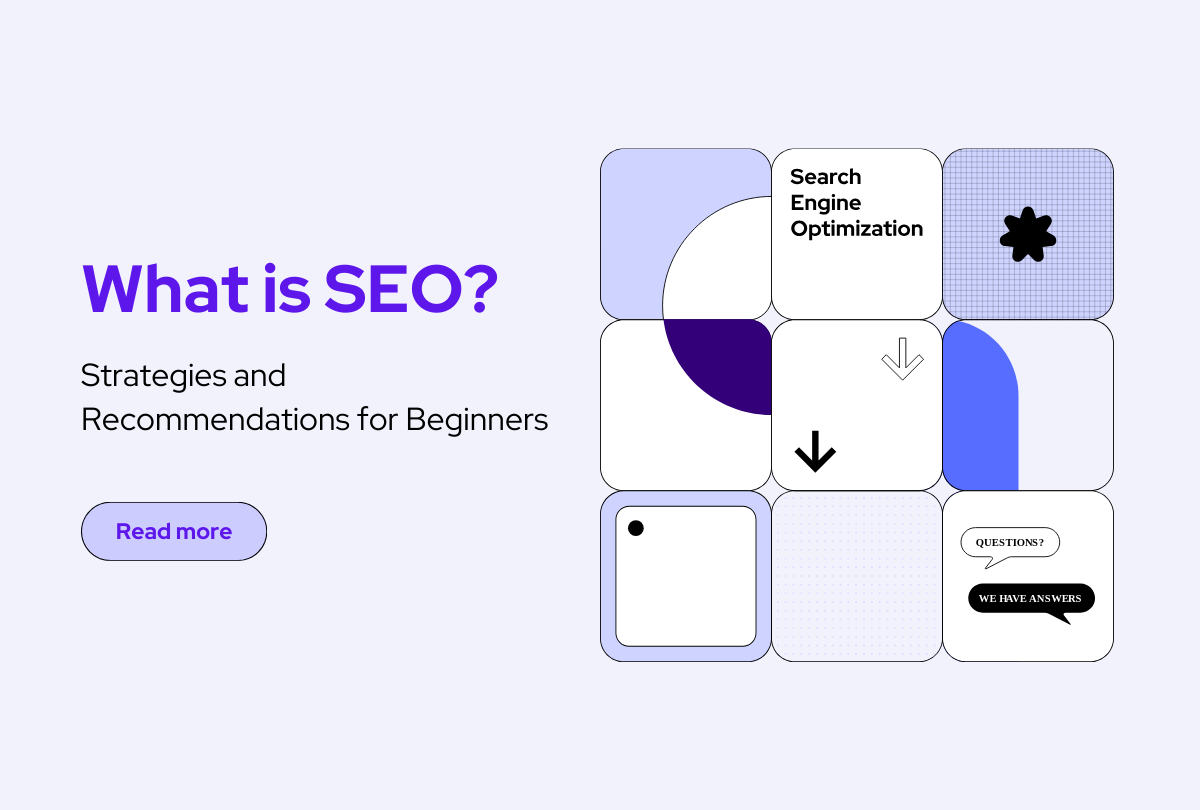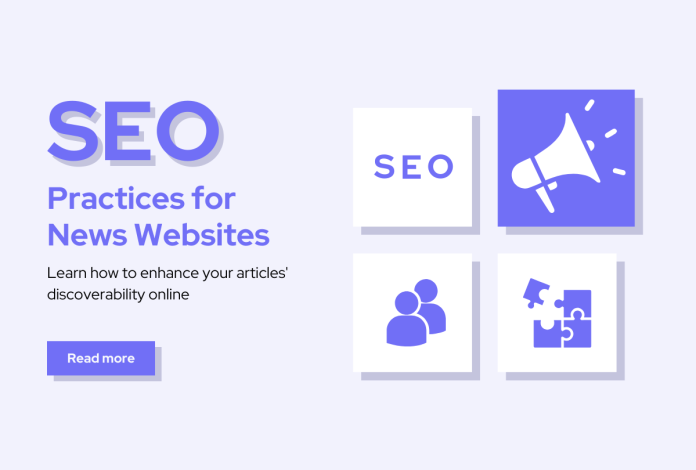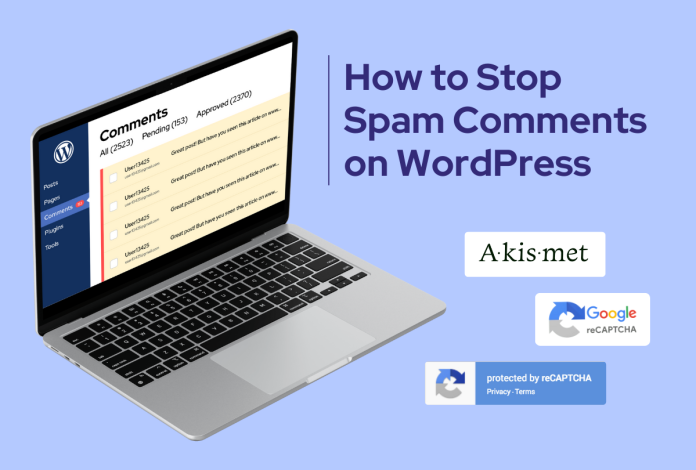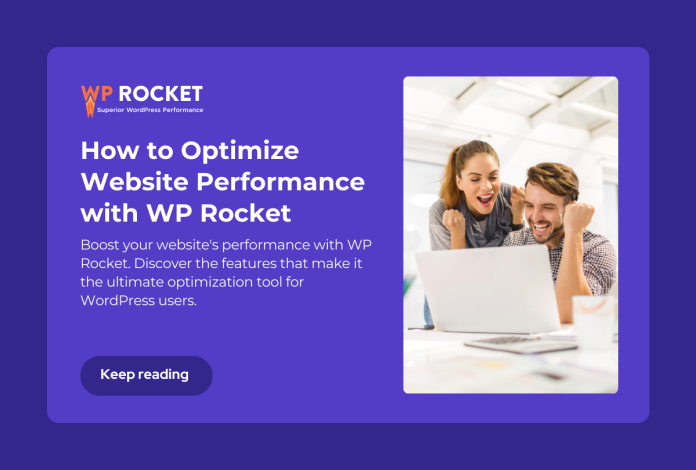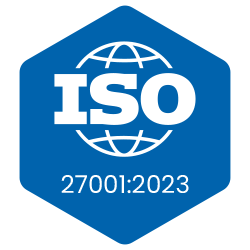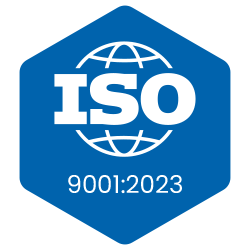What is SEO?
SEO, or Search Engine Optimization, refers to a series of processes to improve a website’s visibility and ranking in search engine results pages (SERP). The ultimate goal of these processes is to generate relevant organic traffic to the website. With SEO, businesses can ensure that their product, service, or product category is more easily found by their target audience through a simple Google search.
Why is SEO important for a business and its website?
According to Forbes (2022), 45.1% of people trust organic results more than paid ones, and the first organic result in the SERP has an average click-through rate of 27.6%. Moreover, the first organic result is 10x times more likely to generate a click than the result in the 10th position (Dean, 2023).
Less than 1% of individuals reach the second page when searching for information (Forbes, 2022). This highlights how crucial it is for a company to optimize its website to gain the authority needed to rank on the first page of search results. Google holds the largest market share among search engines (Oberlo, n.d.), and it is visited by over 85.5 billion people monthly (SimilarWeb, 2024).
Therefore, SEO is a strategy that businesses must pay attention to due to its impact on visibility and online success. Search engines remain the most effective channel for driving traffic to websites.

SEO Strategies and Methods to Improve a Website’s SEO
SEO optimization can be performed internally (On-page SEO) and externally (Off-page SEO). Some essential SEO activities include creating optimized content, improving website technical aspects, conducting keyword research, and increasing the number of backlinks.
On-page SEO vs. Off-page SEO
On-page SEO focuses on optimizing elements within the website itself. This includes enhancing the content and structure of a company’s web pages. Creating a positive visitor experience through user-friendly interfaces is another key factor businesses should prioritize.
On the other hand, off-page SEO involves external factors that companies do not have full control over. This includes activities such as building external links to your page, social media engagement, content marketing, and public relations.

Improving the Technical Aspects of a Website
In addition to internal (On-page) and external (Off-page) SEO, technical optimization is equally important. These activities include improving security, minimizing page load times, and ensuring the website is mobile-friendly. The quality of the code also plays a critical role in avoiding errors or indexing problems.
Increasing the Number of Links to Your Website (Link Building)
Link building refers to increasing the number of external links pointing to your website. The more high-quality links you have, the more authority your site gains. However, it’s not just about quantity—link quality matters too. A backlink from a well-known, authoritative website is more valuable than several from smaller, less influential sites.
Keyword Optimization
According to a HubSpot study, keyword optimization is one of the most effective SEO strategies for improving a website’s ranking.
The effectiveness of keywords depends on their relevance, authority, and search volume. The more a keyword aligns with what users are searching for, and the more strategically it’s placed (in meta descriptions, titles, content, URLs, alt text, etc.), the higher the chances of ranking well in search results.
For more accurate keyword research, using reliable residential proxies can uncover geo-specific search trends and deliver more targeted insights for better SEO performance.
Additionally, it is important to analyze the search volume for a keyword. Ranking highly for a keyword that few people search for will not generate the desired traffic.

How to Create Optimized Content
Improving your website’s visibility in search results can be challenging and require constant time and effort. Here are some SEO tools to achieve better results and save time.
On-page SEO Tools:
- Answer the Public: Generate multiple keyword ideas based on a given word;
- SERP Robot: Check your ranking for chosen keywords;
- Yoast SEO: A WordPress plugin that optimizes articles for search engines.
Valuable Tips for High Keyword Quality:
- Ensure the keyword is present in the title, meta description, and URL;
- Include the keyword in the page’s content, with at least two mentions;
- Ensure image titles are relevant and, if possible, include the keyword.
Off-page SEO Tools:
- SEMRush: Perform website audits and check your search ranking;
- SERP Snippet Optimization Tool: Test how your pages appear in Google results;
- Website Authority Checker: Check your domain rating;
- Ahrefs Backlink Checker: Analyze your backlinks;
- Google Alerts: Get notified whenever your company or product is mentioned online.
Recommendations for Attracting Audiences and Increasing Website Authority:
- Paid articles on niche websites;
- Guest posts on other websites, linking back to your company’s page;
- Posts on social media channels that include links to your website;
- Influencer marketing campaigns.

Technical Optimization Tools:
- Google PageSpeed Insights: Check your website’s speed and usability on various devices;
- Ahrefs Webmaster Tools: Perform a technical audit of your website;
- Google Mobile-Friendly Test: Ensure your website is mobile-friendly.
Google Tools:
- Google Analytics: Monitor and analyze website traffic;
- Google Search Console: Analyze your website, receive alerts, and track errors;
- Google Ads Keyword Planner: Find popular keywords used by your target audience;
- Google Trends: Track the relative popularity of topics.
Chrome Extensions:
Ahrefs SEO Toolbar: Check for problematic links, redirect chains, nofollow links, and on-page elements for any webpage.
Conclusion
By correctly implementing SEO strategies and using the right tools, businesses can increase their visibility, outpace competitors, and reach their target audience more effectively. SEO can also reveal new opportunities to grow their brand image and perceived authority in their market.
Although the optimization process may seem complex, the long-term results will justify the effort invested.


